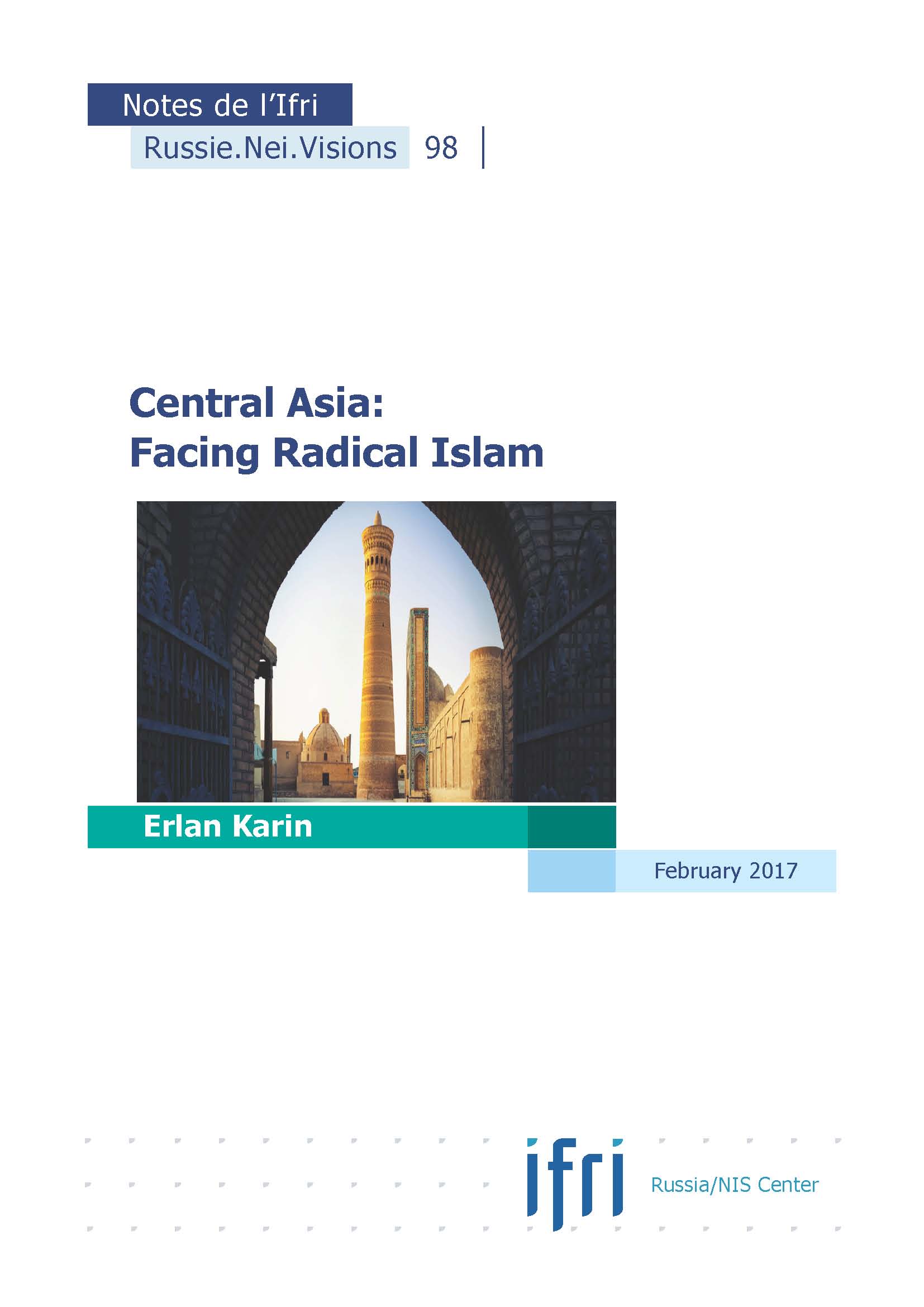Central Asia: Facing Radical Islam

Twenty-five years after the fall of the Soviet Union and the declaration of independence by the republics of Central Asia, the issue of guaranteeing stability and security still looms large on Central Asia’s agenda.
For a long time, terrorism and extremism were not seen as serious threats to regional security. For a time, Central Asian governments even denied that the threat of terrorism existed because they did not want to indirectly acknowledge that some of the preconditions for terrorism were present in the region. If radicalism, extremism and terrorism were discussed, it was only in the context of external threats, while the idea of terrorist threats originating from Afghanistan was more common. Therefore it came as something of a surprise to local societies and to Central Asian governments themselves when they began to notice that radical groups were operating in the region.
Erlan Karin is Director of the Kazakh Institute for Strategic Studies under the President of Kazakhstan (KazISS), and President of the Kazakhstan Political Science Association.
Download the full analysis
This page contains only a summary of our work. If you would like to have access to all the information from our research on the subject, you can download the full version in PDF format.
Central Asia: Facing Radical Islam
Related centers and programs
Discover our other research centers and programsFind out more
Discover all our analysesRussia, the Palestinians and Gaza: Adjustments after October 7th
The Soviet Union (USSR), and subsequently the Russian Federation as its internationally recognized legal successor, has consistently sought to play a visible role in efforts to resolve the Israeli-Palestinian conflict.
Deathonomics: The Social, Political, and Economic Costs of War in Russia
The report attempts to outline and examine a truly new phenomenon in Russian society, dubbed “deathonomics”—the making of a mercenary army against the backdrop of the Kremlin’s war in Ukraine, eventually replacing both the Soviet (conscript) and early new Russian (contract) armies. It notes that, by the end of 2023, this trend had turned the military service into one of the highest-paying professions in the country, something not seen in Russia on such a scale since the late 17th century.
Russia's Asia Strategy: Bolstering the Eagle's Eastern Wing
Among Russia’s strategic priorities, Asia traditionally played a secondary role compared to the West. In the mid-1990s, then Foreign Minister Yevgeny Primakov initiated a rapprochement with China and India. Then, in 2014, deteriorating relations between Russia and the West prompted Moscow to begin its “great pivot to the East”.
Kazakhstan After the Double Shock of 2022: Political, Economic and Military Consequences
The year 2022 represented a dual shock for Kazakhstan. In January, the country faced its most severe political crisis since independence, followed in February by Russia’s full-scale invasion of Ukraine, which cast uncertainty over the borders of post-Soviet states. These consecutive crises profoundly shaped Kazakhstan’s domestic and foreign policy.











